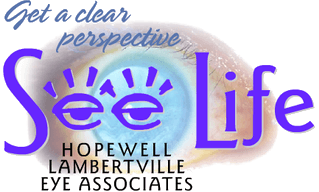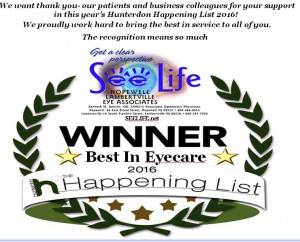Nutrition science is rapidly evolving, and practitioners and patients are becoming more mindful of the science of preventing disease rather than just treating it. Studies of age-related macular degeneration have shown the importance of the carotenoids lutein, zeaxanthin, and meso-zeaxanthin in preserving macular health in aging eyes. Studies of cognitive decline in the elderly have shown that supplementing with lutein and zeaxanthin can slow cognitive decline and are emerging as important mediators of oxidative stress in the brain as well as the retina.
Carotenoids Decline with Age: Science is revealing that levels of these important carotenoids decline with age. In the retina, the decline of lutein and zeaxanthin is more pronounced in those with age-related macular degeneration compared to those without.1 Similarly, in the brain, several studies have reported a decline in lutein and zeaxanthin levels with age, particularly in regions involved in cognitive function such as the prefrontal cortex.2,3
Carotenoids are natural pigment molecules produced by plants, algae, and fungi where they act as photo-protectors, antioxidants, color attractants, and help with photosynthesis. Fall leaves have carotenoids to thank for their vivid displays of yellow and orange pigments. Carotenoids in humans play important roles such as precursors of vitamin A, antioxidants, anti-inflammatories, photo-protection, etc.4 Humans cannot synthesize carotenoids and must obtain them from foods or supplementation.
Carotenoids Sustain the Integrity of the Retina: There are approximately 20 different carotenoids from our diets that are found in our blood, where two of those (lutein and zeaxanthin) concentrate in the eye and brain. Carotenoids are divided into two groups: xanthophylls (such as lutein and zeaxanthin) and carotenes (such as beta carotene and lycopene). Xanthophylls are the yellow, orange, and red hues of flowers, fruits, vegetables, egg yolks, feathers, shells, or flesh of some animal species. The xanthophyll carotenoids, lutein and zeaxanthin, as well as an isomer of lutein, meso-zeaxanthin, serve an important role in sustaining the integrity of the retina and brain.5,6,7
Eye Benefits of Xanthophylls
- Macular Pigment Density: Lutein, zeaxanthin, and meso-zeaxanthin are concentrated in the macula where they serve as internal sunglasses filtering blue light and protecting this highly metabolic tissue from oxidative damage.8
- Reduce Risk of Age-Related Macular Degeneration (AMD): Multiple studies have found that higher levels of lutein and zeaxanthin are associated with a decreased risk of AMD.9
- Improved Visual Function: Higher dietary intake of lutein and zeaxanthin have been linked to improved visual functioning, including increased contrast sensitivity and better visual acuity.10
- Reduced Risk of Cataracts: Some studies suggest that lutein and zeaxanthin may also have a protective effect against cataracts, which everyone will eventually develop at some time during the aging process.11
- Reduced Inflammation: Lutein, zeaxanthin, and meso-zeaxanthin have been shown to have anti-inflammatory properties, which prevents damage to the retina and other ocular tissues.12
Brain Benefits of Xanthophylls
- Antioxidant Activity: The same antioxidant properties of lutein and zeaxanthin in the eye benefit the brain where they neutralize free radicals that damage cells and tissue. Free radical damage is the leading cause of age-related cognitive decline.13
- Anti-Inflammatory Activity: Lutein and zeaxanthin also have anti-inflammatory properties that protect the brain from chronic inflammation, which is linked to cognitive decline.14
- Neural Protection: Lutein and zeaxanthin have been shown to protect neurons in the brain, helping to maintain cognitive function and memory.15
Depending on age, lutein and zeaxanthin together make up approximately 35%-60% of the total carotenoids found in the brain.16 Lutein, zeaxanthin, and meso-zeaxanthin are found throughout the retina and concentrate in the fovea where they preserve vision in aging eyes. Although it is better to obtain nutrients from diet, our Standard American Diets are too often deficient in adequate amounts of nutrients needed to maintain the health of highly metabolic tissues such as those found in the eyes and brain. Nutrient deficiencies in the elderly are even more common. This is where supplementation can help preserve not only vision but cognitive abilities as well
For more information on Nutriton and the eye : Call and make an appointment at Hopewell Lambertville Eye - www.seelife.net
Hopewell 609-466-0055 Lambertville 609-397-7020
Article from: https://reviewofpresbyopia.com/carotenoids-are-good-for-your-eyes/





